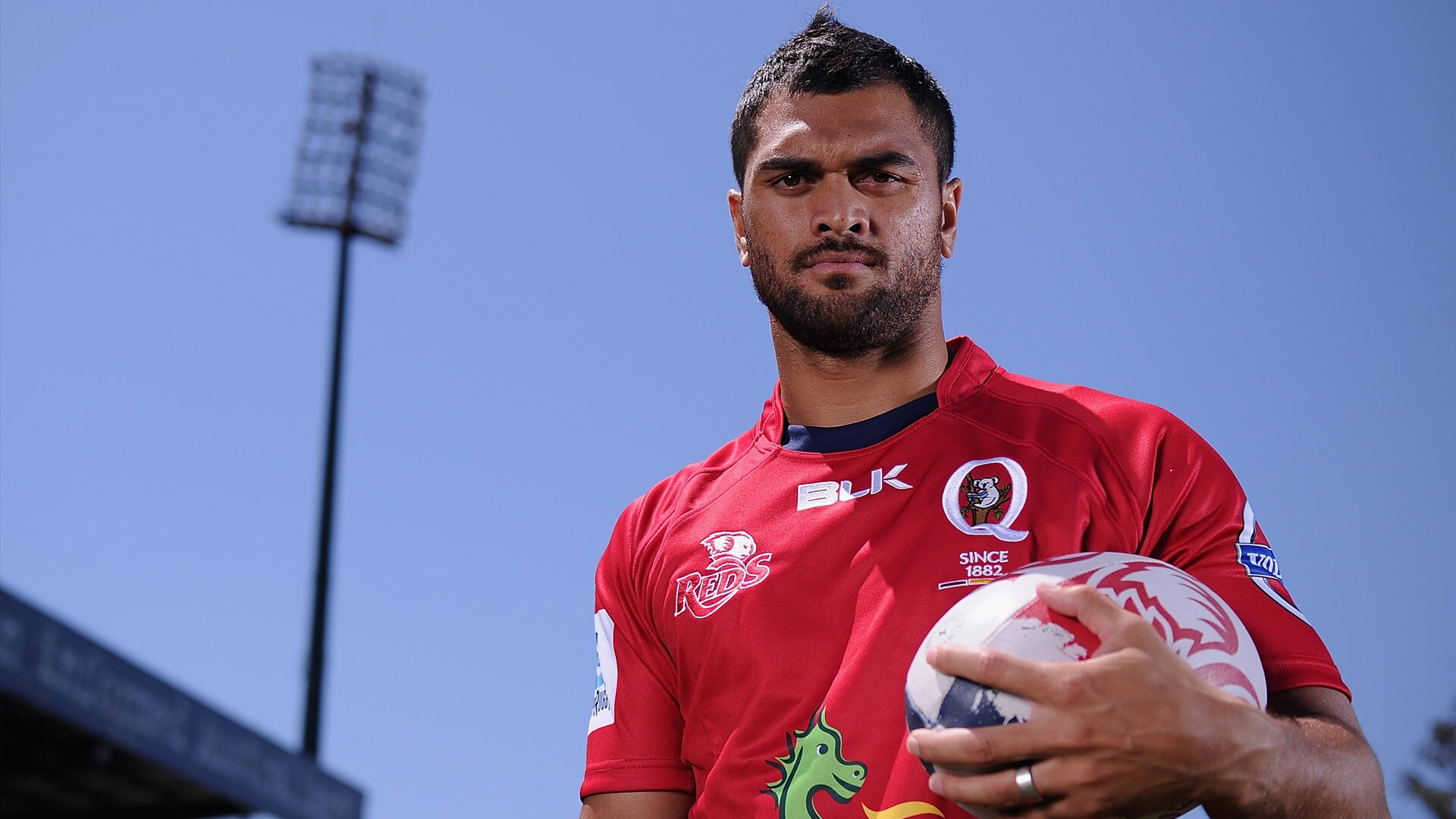Karmichael Hunt's rugby career set to be in limbo as Reds prepare for release

The Queensland Reds look set to move on from Karmichael Hunt, according to reports by the Sydney Morning Herald.
The Reds and Hunt’s management are close to finalising an agreement to release him from the final year of his contract at Ballymore in 2019, and it could be done by Christmas.
Hunt is still contracted to Rugby Australia after agreeing to an extension shortly before his second drugs controversy almost a year ago. With Brad Thorn’s hardline stance towards off-field behaviour involving illicit substances forcing Hunt to play club rugby, he was unlikely to play for the Reds again while Thorn was there.
Despite having a contract with RA, without a Super Rugby contract it is unclear what Hunt will do in the interim. The Waratahs have been suggested as a landing spot for Hunt with Wallabies coach Michael Cheika still holding an interest in Hunt’s potential.
The release would officially spell the end of one of the worst signings in Reds history, as they doubled-down on Hunt but didn’t receive the value of his contract as one of the highest paid players in Australia.
The original signing at the back end of 2014 on a reported whopping $600,000 per year over 3-years was a massive risk for a 28-year-old Hunt attempting to make a code-switch at such a late stage in his career. The Reds coughed up every dollar as Rugby Australia did not endorse a top-up arrangement at the time.
Under the misguided direction of Richard Graham, the Reds floundered and Hunt’s transition to rugby in 2015 quickly underdelivered. Just weeks into the new season Hunt became embroiled in a drugs scandal from his time in the AFL on the Gold Coast, however, the Reds kept Hunt on the books and suspended him for six weeks in addition to a $30,000 fine.
The suspension limited any chance that his first season would yield success and effectively became a write-off. Hunt’s performances marginally improved over the following two seasons and he was able to earn a Wallabies debut in 2017. With the Reds in turmoil and in the middle of a coaching turnstile, the first contract was overall an underwhelming failure considering the money spent.
Rugby Australia came to the table a second time around, enabling the Reds to re-sign the 30-year-old Hunt on a reduced two-year deal. The signing was announced only a month before Hunt’s second drugs scandal in December 2017.
His Spring tour with the Wallabies in November 2017 was the last time he played a professional rugby game, as he was omitted from the entire Reds 2018 season. His return to the field came in July as Souths Rugby Club in Brisbane opened the door for Hunt to play club rugby.
The four-year Hunt-saga looks to be finally coming to a conclusion for the Reds who gambled and lost on the former NRL star.
In other news:










































































